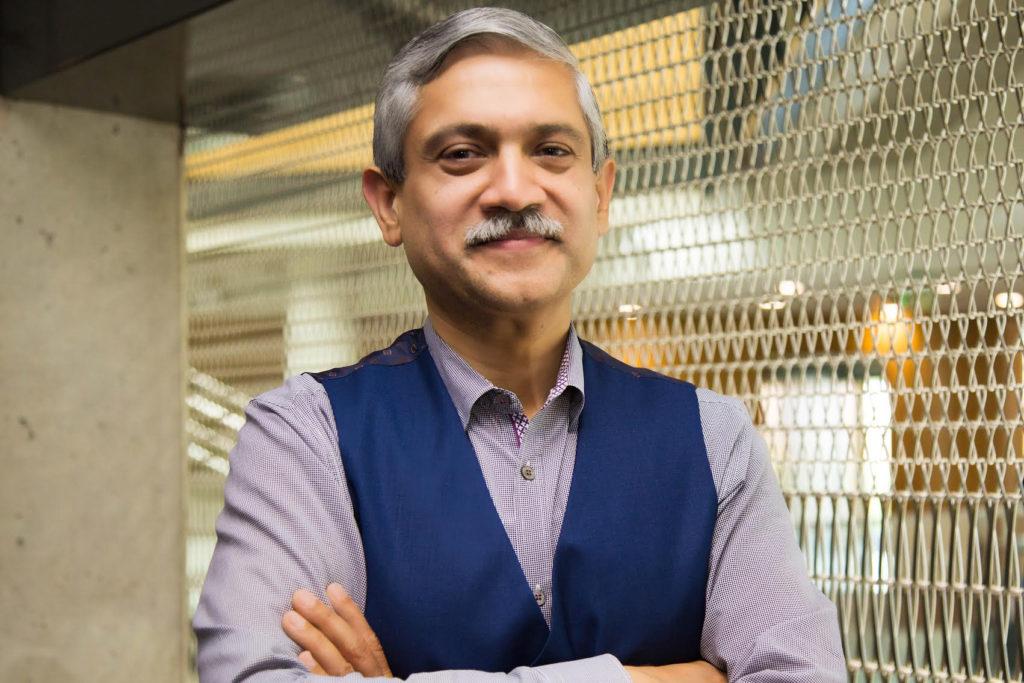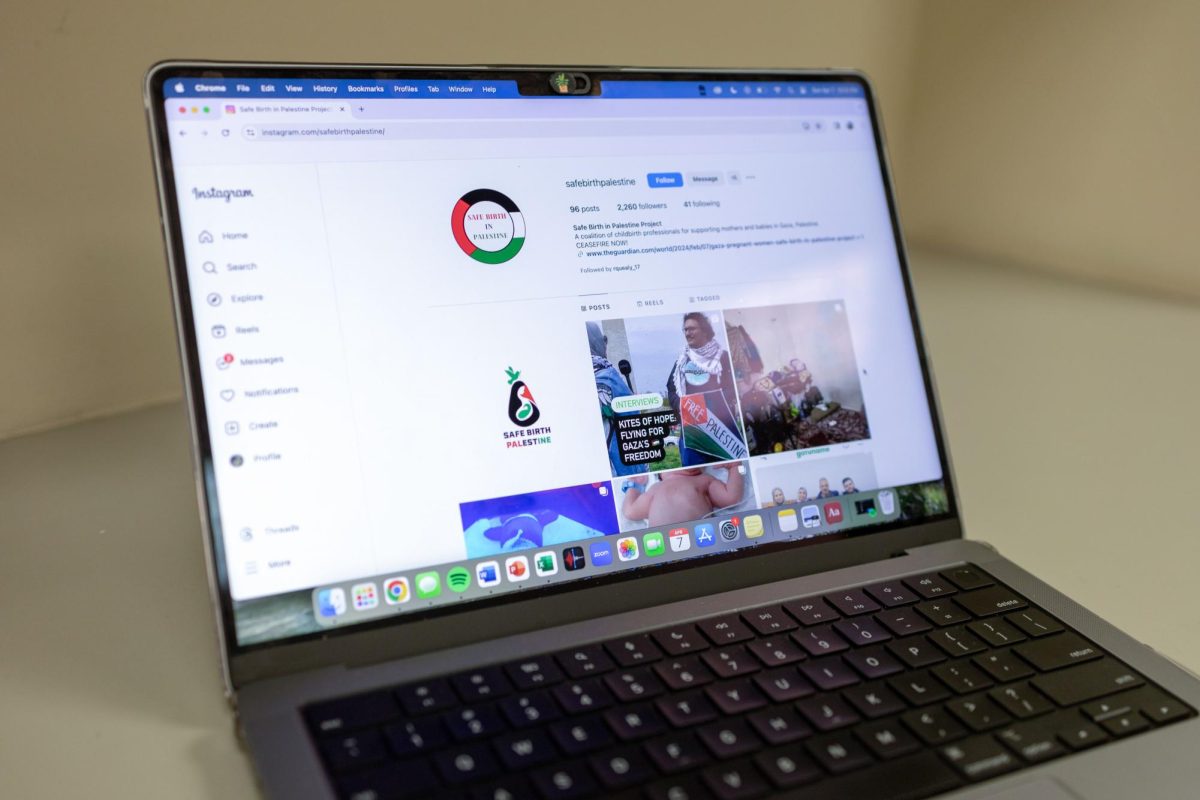A Milken Institute School of Public Health professor will propose recommendations on noncommunicable disease research in a World Health Organization advisory group over the next two years.
Adnan Hyder, a professor of global health, joined the WHO’s Technical Advisory Group of Experts on NCD Research and Innovation in December to propose prevention strategies for noncommunicable diseases, which are chronic conditions that do not infect others like diabetes and asthma. Hyder said the advisory group will meet twice a year to discuss ways to reduce risk factors, like obesity and smoking, and how to direct more research investments in low- and middle-income countries.
The WHO established the advisory group composed of 12 professors and corporate leaders with expertise in noncommunicable diseases from a dozen countries including the United States, Oman and Peru last July.
The advisory group discussed how to support low- and middle-income countries with gross national incomes less than $1,005 per capita to conduct noncommunicable disease research activities during their first meeting via Zoom earlier this month.
“I think it’s incredibly important for us to ensure that institutions around the world begin to recognize the impact that these NCDs are having on people in their countries,” Hyder said.
Hyder said he hopes to expand the number of institutions in low- and middle-income countries to create preventative treatment strategies that can reduce the disproportionate impact of noncommunicable diseases in those areas of the world.
Four out of five people who live with a noncommunicable disease live in a low- and middle-income country, according to NCD Alliance – an organization that creates and tracks noncommunicable disease global policies.
He said the advisory group will prioritize research dedicated to noncommunicable diseases, like HIV and tuberculosis, that require more treatment plans in low and middle-income countries, where risk factors, like alcohol intake and obesity, are more prevalent.
Hyder said increasing global noncommunicable disease research can potentially end one third of all premature deaths from noncommunicable diseases by 2030.
“Over the years, the WHO has been analyzing what work has been done in countries, and by governments and by other stakeholders, one of the areas in which they find needs more work is research and innovation,” Hyder said.
Hyder said urging international governments to devote more funding to noncommunicable disease research is challenging because governments are prioritizing money and political policies for other crucial issues, like the COVID-19 pandemic and the Russia-Ukraine conflict.
He said the advisory group will cite economic analyses that highlight the personal health impacts of noncommunicable diseases to encourage governments to increase their research funding.
Noncommunicable diseases, like heart attacks and cancer, produce higher death rates that cause lower productivity rates in low-income countries and harm their economic growth, according to the Centers for Disease Control and Prevention.
“I’m very proud of the fact that some of us from GW are participating in such committees,” Hyder said. “I think it’s incredibly important for us to be part of the global community, but also to understand global dynamics and participate in it.”
Tiina Laatikainen, a member of the advisory group and the director of the Public Health and Welfare Department in the Finnish Institute for Health and Welfare, said the advisory team aims to strengthen prevention management rehabilitation of patients with noncommunicable diseases in low-income countries.
She said she will work with Hyder and the other members of the advisory group to propose recommendations for low- and middle-income countries to increase funding opportunities and support networks in the noncommunicable disease sector.
Laatikainen said the advisory group should consider regional circumstances when trying to provide funding opportunities for research in governments for noncommunicable disease research.
“This is a global issue and through this, I think the main aim is really to get the representatives from different parts of the countries to get the knowledge, to get the experience and gather together anyway,” Laatikainen said.
Salim Virani, a member of the advisory group and a professor of medicine at Baylor University, said the advisory group will discuss methods for how patients with noncommunicable diseases in low- and middle-income countries can receive the same level of treatments and therapies as those in higher-income countries to guide the WHO’s recommendations.
He said implementing therapies and other treatments for noncommunicable diseases in low- and middle-income countries is a challenge because the advisory group needs to make sure they provide recommendations for basic primary treatments before they identify newer therapies.
“We know that some of the basic therapies that patients should receive, they’re not receiving so that’s where I think the key is,” he said.
Virani said COVID-19 infection places patients at higher risk of noncommunicable disease contraction, and the pandemic expanded the need to address noncommunicable diseases on a global scale. He said the pandemic limited treatment measures and increased risk factors like smoking, which worsened the conditions of patients with noncommunicable diseases.
Pandemic lockdowns reduced noncommunicable disease screening programs and staffing in outpatient disease-specific clinics, hindering access to health facilities for patients with noncommunicable diseases, according to a WHO report.
“Because of this bi-directional association, it becomes even more important to actually double down on NCDs because the next few waves of COVID-19 are probably going to be related to resurgence,” he said.








